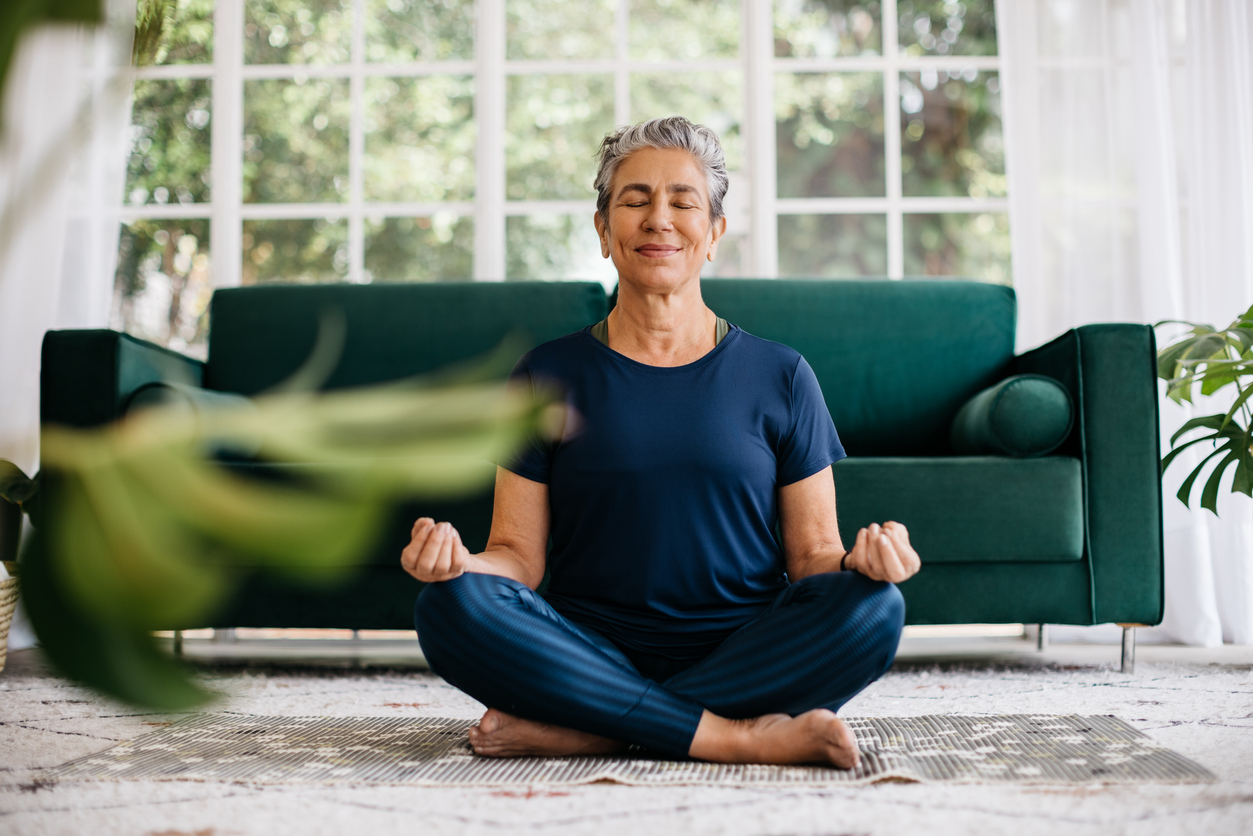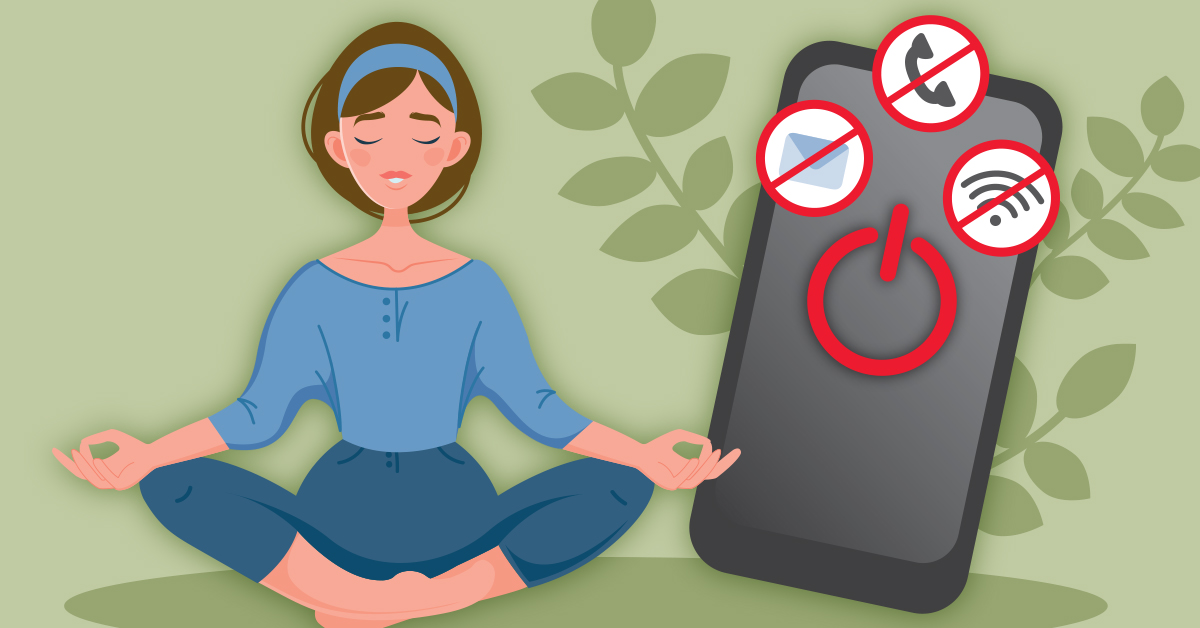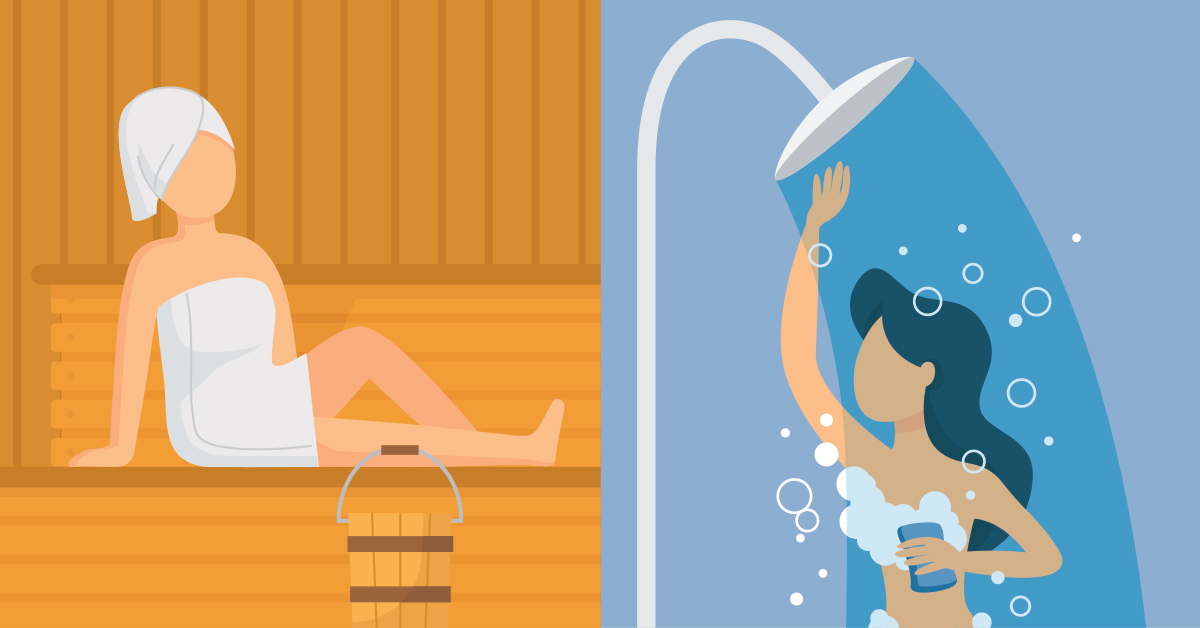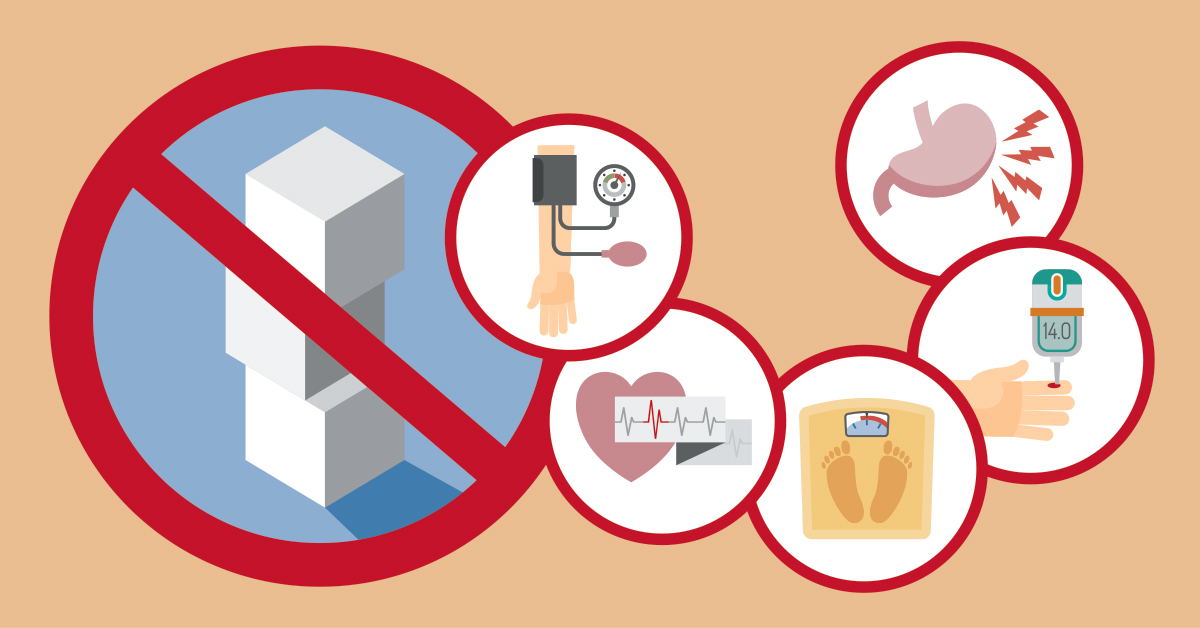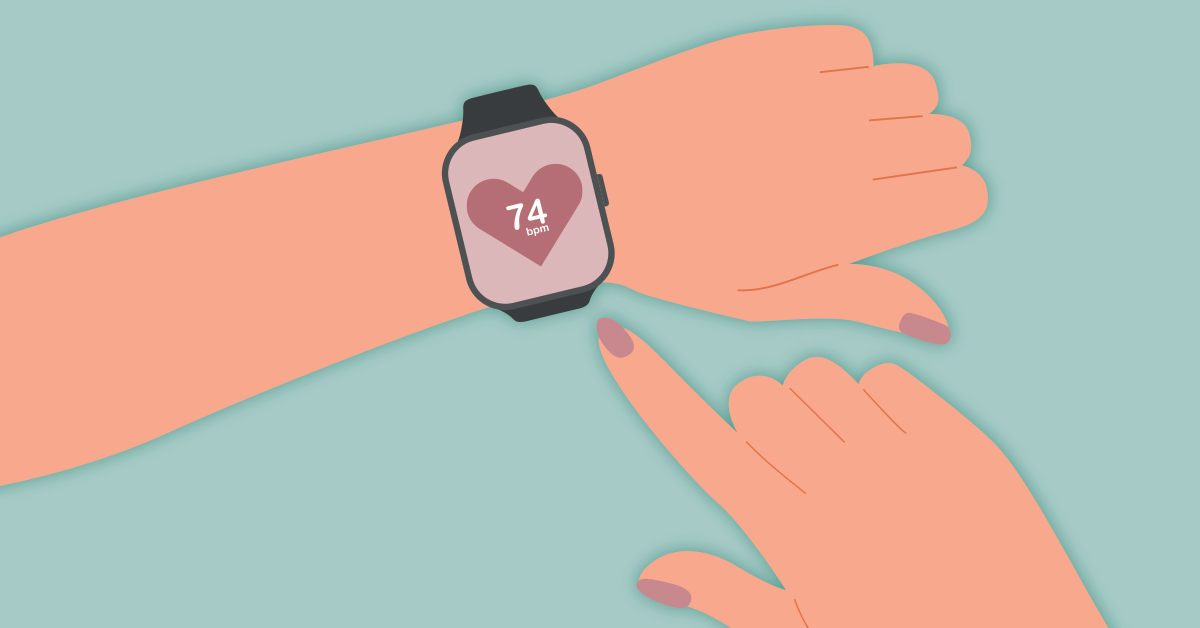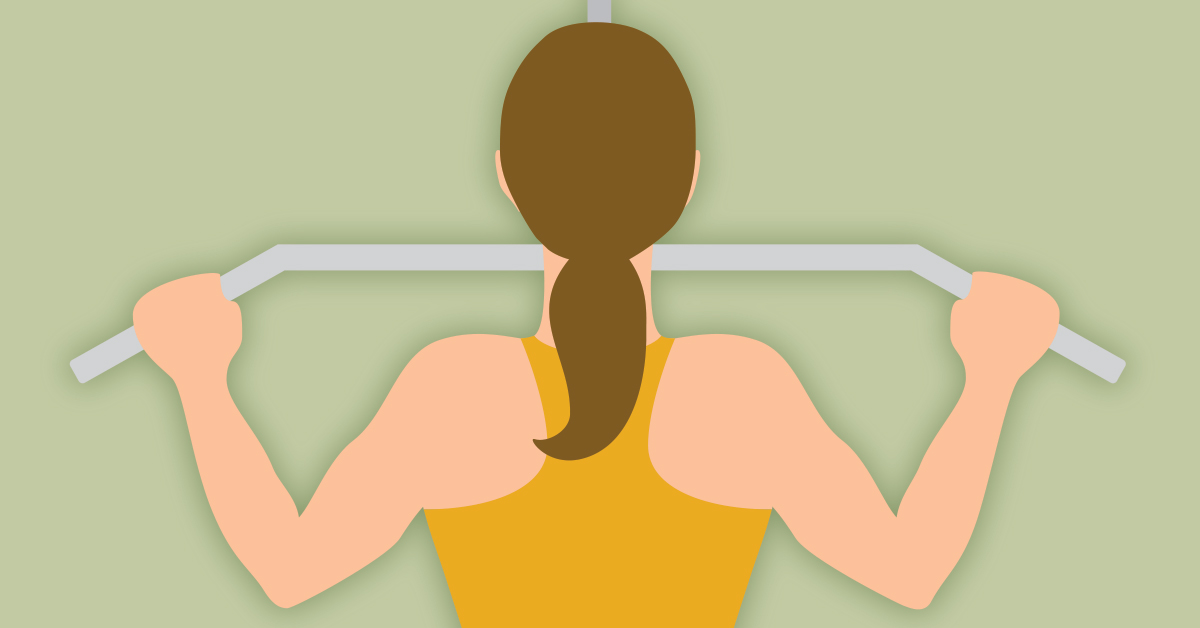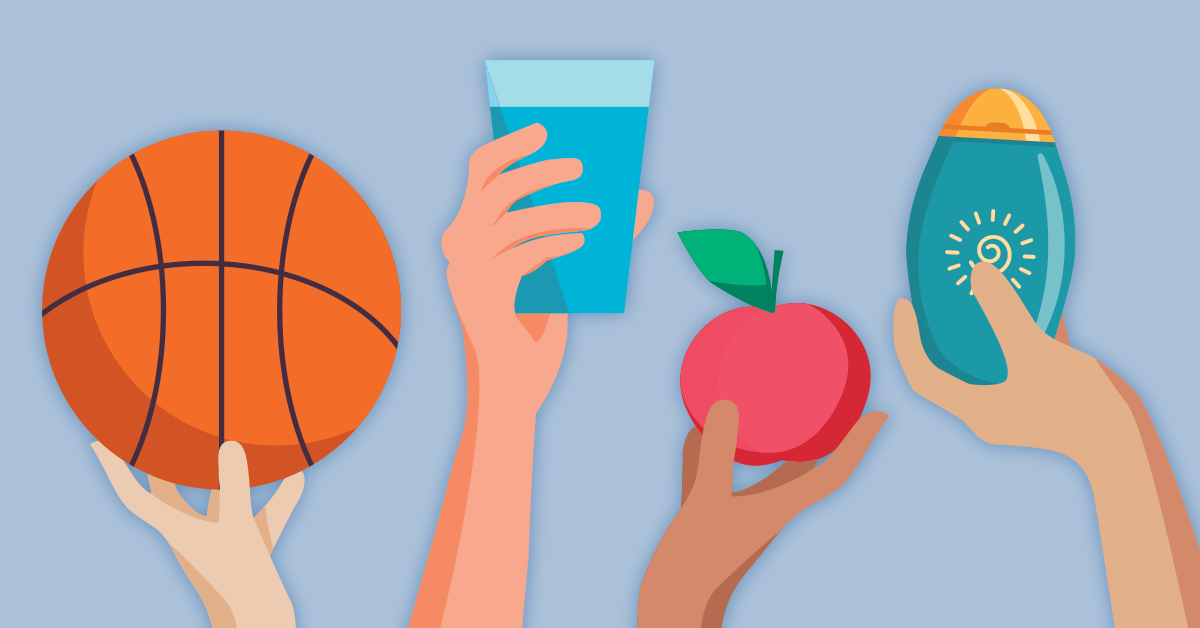It’s not easy to find moments of peace and tranquility when life is busy and stressful. Our minds are bombarded with a never-ending stream of thoughts, worries, and distractions. As our lives become more hectic, finding a way to disconnect and find our inner calm becomes increasingly important. This is where meditation comes in.
Meditation is an ancient practice that is increasingly popular today, and for good reason. It is a powerful tool that can improve mental, emotional, and physical well-being. Despite its simplicity, meditation has the potential to transform your life.
What is meditation?
Meditation is a practice that involves training your mind to focus and redirect your thoughts. It is about being fully present in the moment–without judgment. Meditation has been practiced for thousands of years in various cultures and religions around the world, including Buddhism, Hinduism, and Taoism. Today, it is widely embraced by people from all walks of life, regardless of their religious or spiritual beliefs.
Benefits of meditation
Meditation offers many benefits to overall well-being. Some of the most compelling reasons to incorporate meditation into your daily routine include:
- Stress reduction: One of the most well-known benefits of meditation is its ability to reduce stress. By focusing on the present moment and quieting the mind, meditation helps to calm the racing thoughts that contribute to stress and anxiety. Regular meditation practice can lead to a decrease in stress hormone levels such as cortisol and an increase in feelings of relaxation and inner peace.
- Improved mental clarity: Have you ever felt overwhelmed by a cluttered and chaotic mind? Meditation can help clear away the mental fog and improve mental clarity. By practicing mindfulness and letting go of distractions, meditation enhances your ability to focus and concentrate, making it easier to solve problems and make decisions.
- Enhanced emotional well-being: Meditation is not only valuable for our mental health but also for our emotional well-being. It cultivates self-awareness, allowing you to observe your thoughts and emotions without judgment. This self-reflection can lead to improved emotional intelligence, greater self-acceptance, and the ability to respond to challenging situations with calmness and compassion.
- Better sleep: Many people struggle with insomnia and restless nights, which can negatively impact overall health. Regular meditation practice has been shown to improve sleep quality and duration. By calming the mind and reducing stress, you can create a more peaceful and restful sleeping environment, allowing you to wake up refreshed and rejuvenated.
- Boosted physical health: Meditation not only benefits the mind but also positively impacts the body. Research has shown that regular meditation can help reduce blood pressure, improve cardiovascular health, and strengthen the immune system. Additionally, meditation has been linked to decreased levels of inflammation, which is a leading cause of numerous chronic diseases.
Getting started with meditation
Tap into the benefits of meditation by getting started with these simple steps.
- Find a quiet space: Choose a quiet and comfortable spot where you can practice meditation without interruptions. It can be a designated meditation corner in your home or any place where you feel at ease.
- Get comfortable: Find a posture that is comfortable for you. It can be sitting on a cushion, cross-legged on the floor, or in a chair with your feet flat on the ground. The key is to maintain a position that allows you to be relaxed yet alert.
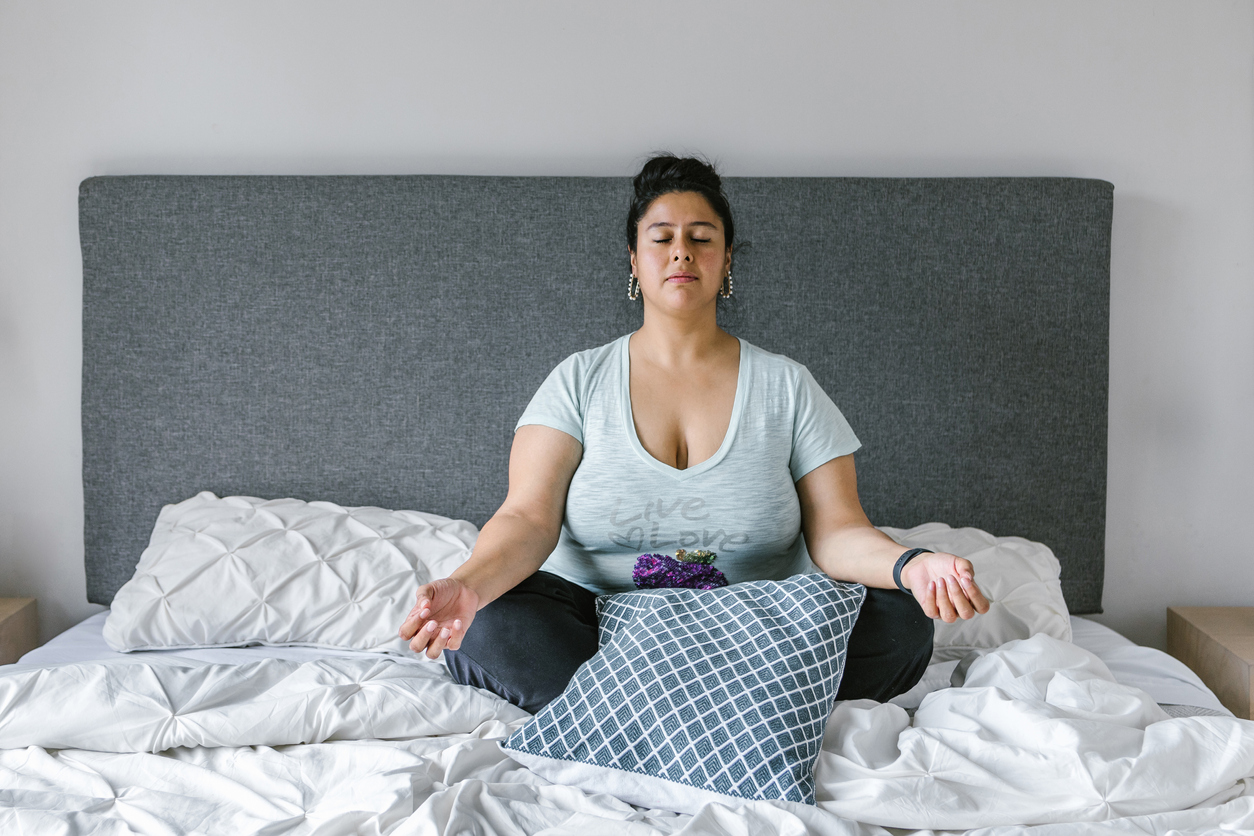
- Focus on your breath: Close your eyes and bring your attention to your breath. Pay attention to each inhalation and exhalation, noticing the sensation of the air entering and leaving your body. If your mind wanders, gently bring your focus back to your breath.
- Start with guided meditations: If you are new to meditation, guided meditations can be a helpful tool. Many smartphone apps and online resources offer guided meditation sessions that provide step-by-step instructions and soothing background music.
Here are a few to get you started.
- Be patient and consistent: Like any new skill, meditation takes practice. Be patient with yourself and understand that your mind will wander. The key is to gently redirect your focus back to your breath or chosen point of focus. Start with a few minutes each day and gradually increase the duration as you become more comfortable.
Incorporate meditation into your daily life
To truly benefit from meditation, make it a regular part of your daily routine. Set aside a specific time each day to practice meditation, whether in the morning, during lunch break, or before bedtime. Consistency is key, so aim for 5-10 minutes each day and gradually increase duration as you become more experienced.
By making meditation a part of your daily routine, you can reduce stress, improve mental clarity, enhance emotional well-being, and enjoy improved physical health. Take a moment for yourself, find a comfortable space, and let meditation guide you toward a more peaceful and fulfilling life. The journey starts with a single breath.


